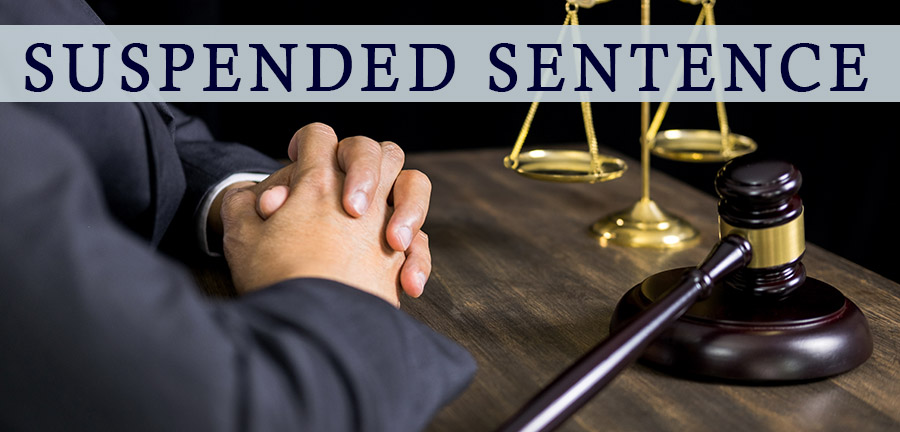When an offender pleads guilty to an offence, they will proceed to be sentenced by the court. If a court chooses to impose a term of imprisonment, the court may choose to suspend that term either wholly or partially.
In Queensland, suspended sentences are outlined in Part 8 of the Penalties and Sentencing Act (QLD). When an offense results in a term of imprisonment of five years or less, the court may consider suspending part or the entire sentence. This allows the offender to remain in the community, provided they comply with specific conditions set by the decision-maker, which can include reporting to a probation officer, attending rehabilitation programs, and adhering to various restrictions.
The primary purpose of a suspended sentence is to find a balance between punishment and rehabilitation, ultimately aiding the offender in reintegrating into society. The decision to impose a suspended sentence is made by a judge, magistrate, or another relevant authority and is often used for less severe offenses or to give the offender an opportunity to make positive changes under supervision.
Queensland courts, such as Brisbane, Beenleigh, or Southport Magistrates Court, consider a range of factors under Section 9(2) of the Act when sentencing, including the nature and gravity of the offense, any resulting harm, the offender’s character, cooperation with the police, and more. A term of imprisonment is viewed as a last resort, and suspended sentences are one of several alternatives available, including probation, community service, and good behaviour bonds, each with specific conditions and requirements.
If an offender breaches a suspended sentence, the court can order them to serve the suspended term of imprisonment in jail, in addition to a new sentence for any subsequent offense. Law enforcement, including the police, can apply for a summons or warrant if they suspect a breach.
Our team specialise in criminal law. Our role is to sit down with you and work out the strategy that will get you the best possible result. If you have any questions about this article or any other topic of law, please call our team of experts on 1300 066 669.





